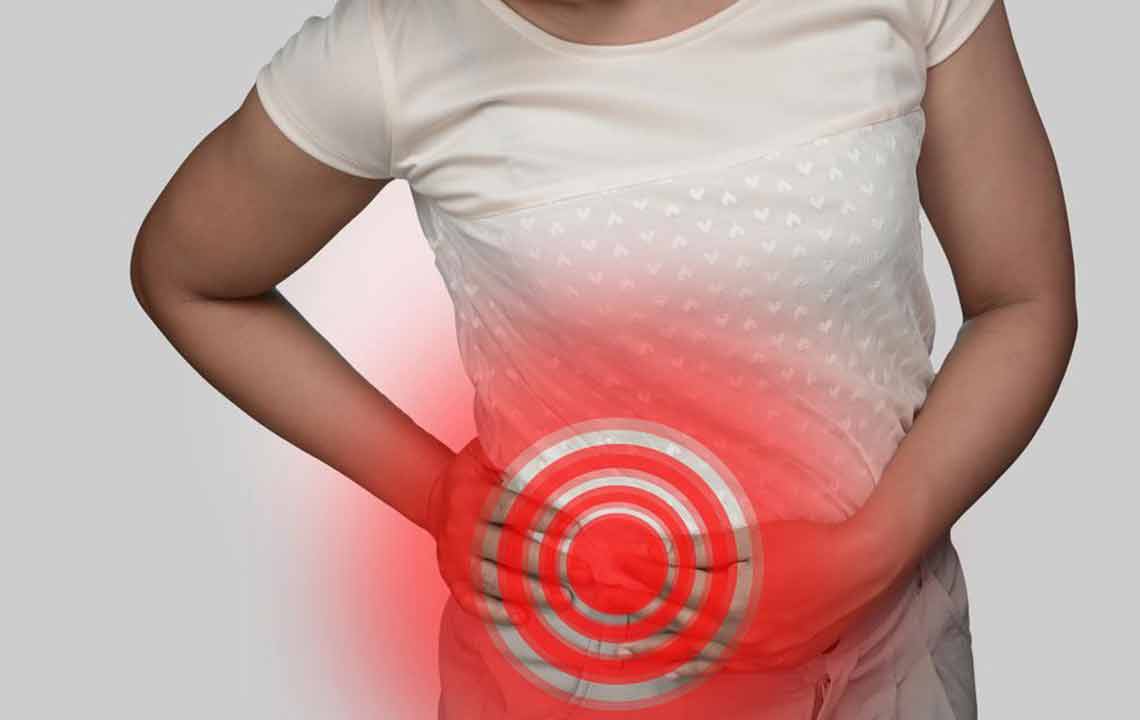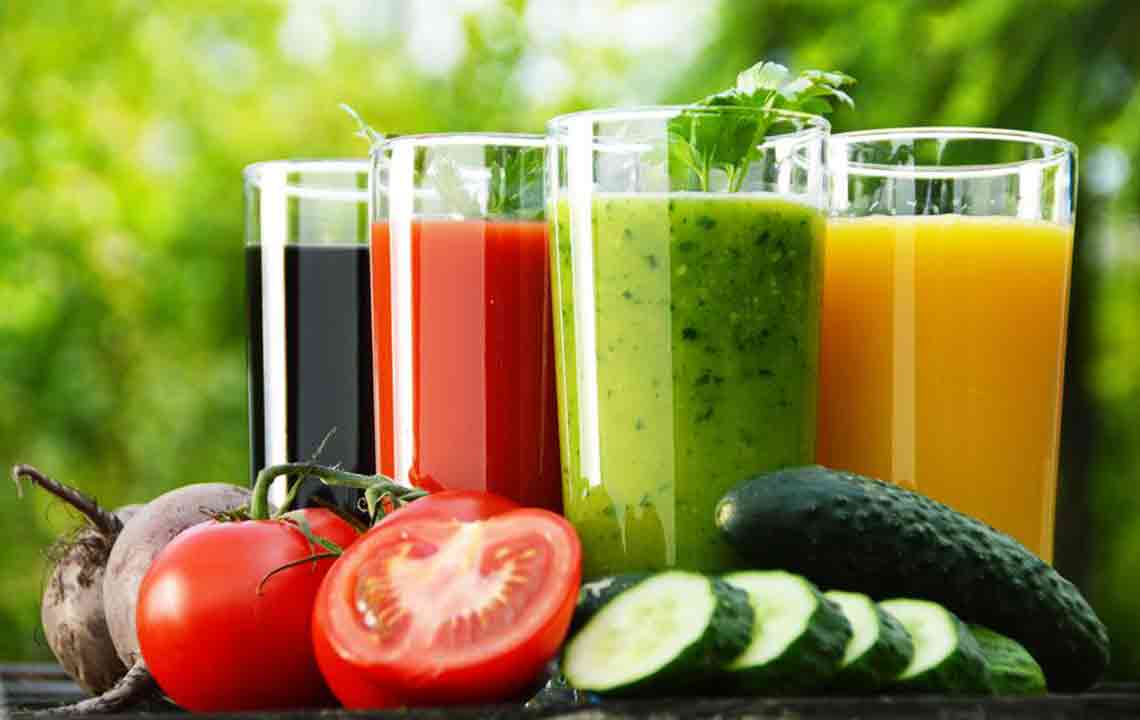Nutritional Strategies for Managing Kidney Conditions
Learn effective nutritional strategies to manage kidney disease, including dietary adjustments like reducing sodium, potassium, and phosphorus intake. Early diagnosis and personalized diet plans can slow disease progression and prevent complications, improving quality of life. Consult healthcare professionals for tailored advice and enjoy kidney-friendly recipes to support overall health and wellbeing.

Nutritional Strategies for Managing Kidney Conditions
If your kidney function is impaired or you’re experiencing renal issues, paying attention to your diet and daily habits is crucial to prevent further deterioration. Your healthcare provider will likely create a personalized diet plan with guidelines to help slow disease progression. Understanding the symptoms and causes of chronic kidney disease is essential before making dietary changes. Common signs include nausea, weakness, appetite loss, urinary changes, swelling, muscle cramps, breathing difficulties, high blood pressure, and nausea. Early diagnosis can prevent complications and improve outcomes.
Recognizing symptoms early and consulting a doctor can help you avoid serious health issues and painful interventions. Medical professionals can diagnose problems early and recommend medication along with dietary adjustments.
The leading causes of kidney damage include:
High blood pressure
Diabetes
Inflammation of kidney tubules
Genetic factors
Kidney infections and tumors
Lifestyle factors like sedentary routines and low water intake
Diet for Kidney Health:
This diet emphasizes reducing potassium, phosphorus, and sodium intake to support kidney recovery and prevent further damage. Adopting a healthy eating pattern can also help prevent other health issues like obesity and diabetes.
1) Reduce Salt and Sodium
Sodium is vital for the body but excessive intake can elevate blood pressure and cause fluid retention. Avoid salty foods such as processed meats, canned soups, and snacks to protect your lungs and kidneys from harm.
2) Limit High-Potassium Foods
Potassium is important but excessive amounts can strain your heart and kidneys. Avoid foods rich in potassium, like spinach, beans, potatoes, and snacks such as chips.
3) Consume Less Protein
Whether in early or advanced stages, limiting protein intake from sources like meat and dairy supports kidney health, as high protein levels can burden your organs.
4) Control Fluid Intake
Besides food, limit drinks, especially alcohol, which can damage liver, heart, and kidneys. Fluid restrictions are tailored based on individual conditions.
5) Reduce Phosphorus Intake
Lower phosphorus consumption helps protect blood vessels and kidney tubules. Too much phosphorus can weaken bones and impair kidney function.
Incorporating suitable foods is vital for kidney health. Your doctor will advise specific nutrient amounts, including:
Fruits: Apples, blueberries, strawberries, grapes, pineapples, pears, cherries, and peaches—consume these as per your dietitian’s guidance.
Vegetables: Beneficial options include beets, corn, cabbage, cucumbers, lettuce, onions, broccoli, and turnips.
Grains and Other Foods: Opt for multigrain bread, brown rice, cereals, and unsalted snacks like popcorn and pretzels to support kidney health.
Discuss with your healthcare team to customize your diet properly, exploring recipes that are both tasty and kidney-friendly. Prioritizing healthy eating can prevent serious complications like cardiovascular issues, lung problems, anemia, fertility challenges, and pregnancy risks. Maintain regular consultations to ensure optimal nutrition and health.










